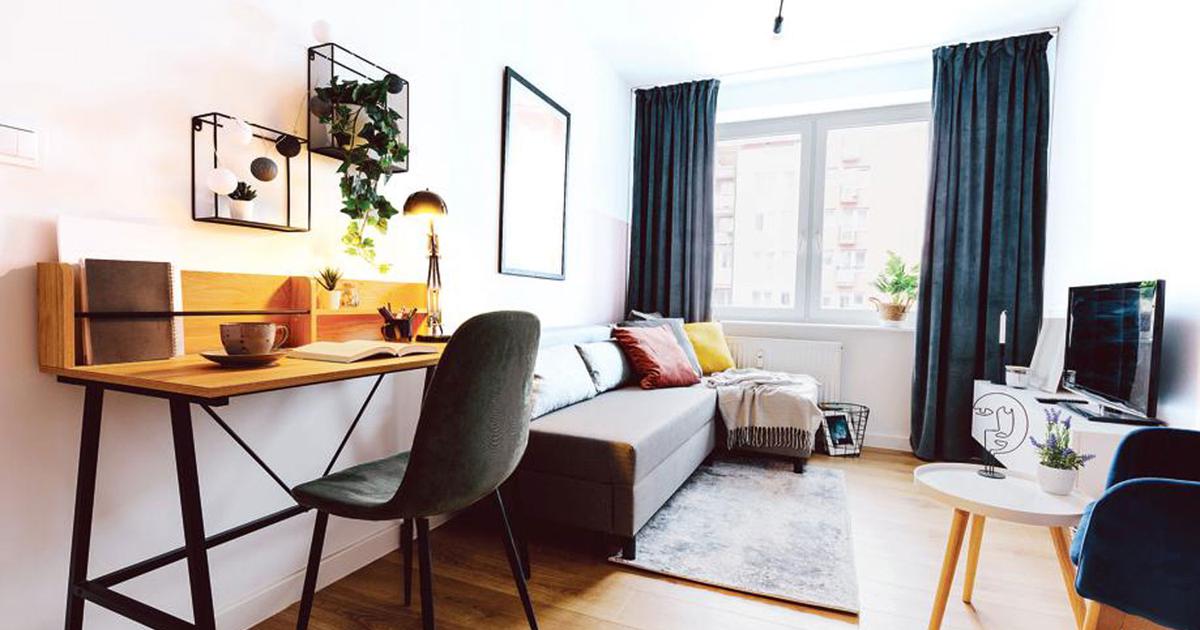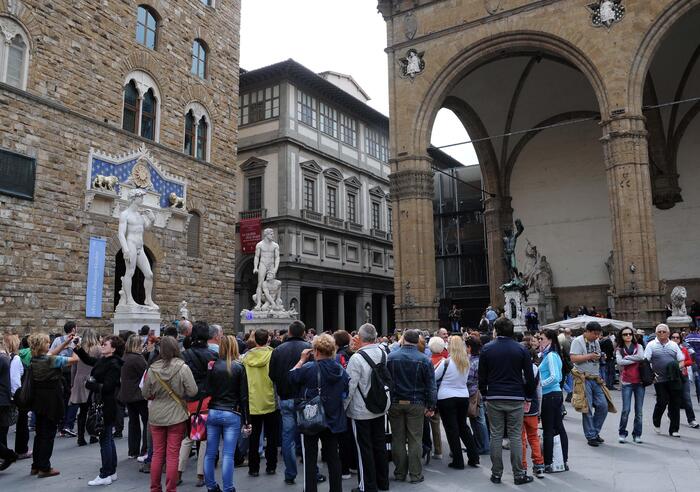The housing situation in the City of Buenos Aires is like a big pressure cooker.
Although it is going through a private construction boom, there is less and less offer to rent.
One of the reasons is that it is besieged by what is already known in many other cities around the world as the
"Airbnb effect"
;
departments that are destined for temporary rentals, instead of traditional, long-term rentals.
Added to this combo is the current Rental Law that establishes, among other regulations,
a minimum 3-year contract
, with annual adjustments through an index that combines inflation and salaries.
In 2022, this official index was 15 points below inflation.
From the point of view of the tenants, a way to protect themselves from uncontrolled increases;
from the point of view of the owners,
a loss against inflation
, which reaches one hundred percent.
Some consider that this difference pushes many owners to
change the destination of their properties
.
In Buenos Aires, according to data prepared by the Inside Airbnb organization -based on the publications made by the platform-, there are
17,823 properties
for temporary rental (December 2022).
The vast majority, concentrated in the north of the City.
Since 2019 there is a record of this type of service.
It is the "Registry of Temporary Tourist Rental Properties of the City".
Updated to February 2023, there are 250 properties registered.
Less than ten addresses concentrate most of the registered properties.
Logically, this opens a controversy around housing -a universal human right- and even the dynamics within a horizontal property.
By consortium decision, temporary rental may be prohibited.
However, it is a debate that is growing;
neighbors who encounter these dynamics even though this practice is prohibited by the consortium.
Finding housing to rent is almost an impossible mission.
Photo: Andres D'Elia
A few weeks ago, the Prime Minister of Portugal, Antonio Costa, announced a series of measures to deal with the real estate crisis that is evident in large cities, such as Lisbon.
Among other things, a mechanism will be introduced to regulate rent increases and tax incentives will be offered to owners who
convert tourist properties into rental housing for the local population
.
And the new licenses for tourist accommodation, just like Airbnb, will be prohibited in urban centers.
"We have been raising this problem for years. The challenge is enormous and it is much more than a platform. It is necessary to
regulate this type of trade
, as any other trade is regulated. Basically because of what it implies at the level of family access to a housing," said Gervasio Muñoz, from Inquilinos Agrupados, one of the organizations that promoted the new law.
"What is done in many cities is
to limit the number of homes that can be offered as temporary rental
, delimit the areas where they can be offered and determine how many nights they can be rented. Previously, you need the intervention of the State, logically; that is to say that the government creates a registry to issue permits or not, depending on the situation of the real estate and rental market," Muñoz explained.
It concludes that "when you have a low supply of homes -either because they are empty or because they are used for other uses-, the market sets very restrictive conditions. This generates serious consequences for the housing situation of families."
José Rozados, from the Real Estate Report portal, understands that many apartments that were previously for long-term rentals withdrew from the offer due to low performance.
"The law discouraged owners and many decided to remove apartments that
were previously for rent and put them up for sale
. This is happening in all neighborhoods. And this affects the current oversupply in the City. You have to be aware and be reasonable Understand that we live in a country with permanent inflation and get out of the false antinomy owners versus tenants ", he claimed.
The rental law is a weapon against inflation and a brake on supply.
Photo: Emmanuel Fernandez
The calculator to index rental contracts - an official tool of the Central Bank of the Argentine Republic - yielded figures that are around 15 percent below annual inflation.
Regarding temporary rental platforms, Rozados understands that they have many limitations: "It is a very partial market. Not every home is suitable for this type of business, it has to be very well equipped and requires administration and management work that not all the owners can or know how to do. On the other hand, it is a hyper-concentrated offer, it is very focused on the northern neighborhoods of the City, Palermo, Belgrano, Recoleta, or in some places such as Almagro, in the vicinity of the Italian Hospital, in where some people rent temporary for treatments or to accompany a relative".
"These types of neighborhoods, with or without Airbnb, always have pressure because they have an environment -accessibility, shops, universities, sanatoriums, etc.- that make their rentals worthwhile," he evaluated.
PS
look too
"Pity" Álvarez will no longer wear an electronic anklet and the Civil Justice will supervise his treatment
A week after the blackout that affected half the country, another fire stalks the Atucha nuclear power plant: they denounce that they are trying to put it out with "a 60's autobomb"


/cloudfront-eu-central-1.images.arcpublishing.com/prisa/PHW4JZYXX5CMRJOUD7MDB56UQY.jpg)






